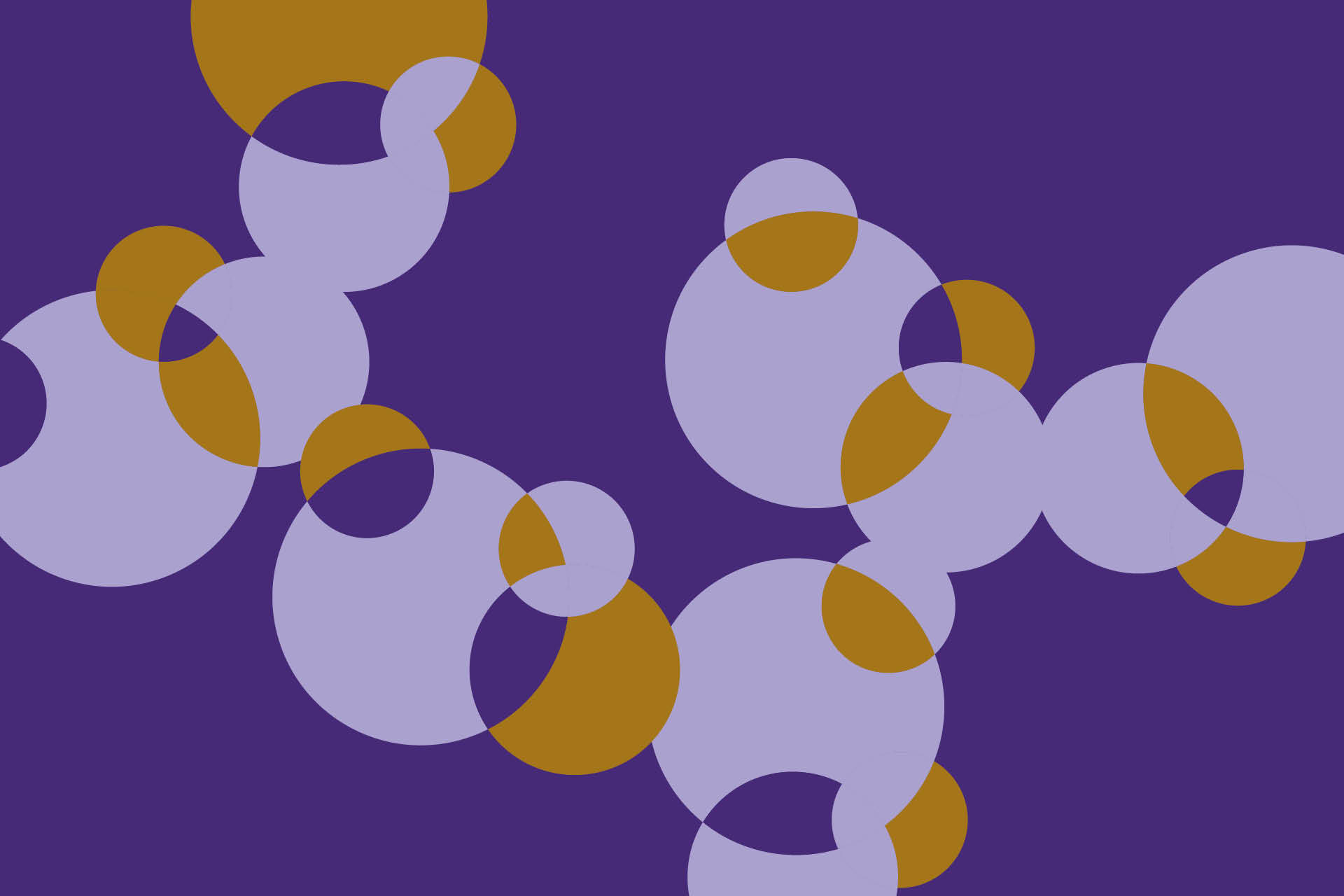The Walk & Talk formats are curated excursions focusing on topics such as mobility, energy, sustainability, design, climate change and urban development. The format was developed by TU Berlin’s Office for Science and Society and further extended by the ENHANCE alliance to help researchers and other relevant staff get to know local research projects that facilitate long time knowledge exchange between science and society. It also serves as a tool to better understand the strategies and structures established at the ENHANCE member universities that support participatory, transdisciplinary and transformative projects. Therefore, it can provide insights into the status of the institutionalisation of transdisciplinarity beyond specific topics. The projects or strategies to be included in the programme will largely be based on those identified in the ENHANCE mapping activities about transdisciplinary initiatives on the strategic and the practical level, but need not be taken exclusively from this list. They could include university specialist units, e.g. research centre, service centre, strategic offices, knowledge hubs etc., local community-led projects, living labs, citizen science projects and other science-community collaboration formats.
Participants are invited to exchange experiences and share good practices, taking lessons learned back to their home university. Our format offers an opportunity to build networks with relevant colleagues at other ENHANCE universities, as well as directly with local projects. To this extent, it also works as a tool for transferability. The programme spans one and a half days and combines informative presentations and discussions related to the transdisciplinary initiatives with relevant teams from the host university as well as field trips and meetings with local transdisciplinary and transformative projects. Where possible, these meetings with local projects should take place on site to give participants the opportunity to understand the transdisciplinary projects in their context and see projects in action. In addition, the Walk & Talk format enables complex problems and possible systemic solutions to be experienced directly through projects such as real-world laboratories related to topics dealing with climate change such as the sponge city, circular economy, mobility transition, smart city development, etc. One major principle is to make integrated knowledge more tangible. This experienced knowledge serves also as a building block for the joint format with regard to implementation, generating a mutual learning environment that includes discussions at both a higher strategic level and the project level.
We have conducted seven Walks & Talks so far, one at each ENHANCE university, all with high resonance: starting at TU Berlin in September 2022, followed by NTNU in April 2023, RWTH Aachen in September 2023, POLIMI in February 2024, UPV in March 2024, Chalmers in April 2024 and at WUT in May 2024. Further ENHANCE Walk and Talks will take place during the remaining project period. It has become clear that these site visits, where many of the local actors can be interviewed in person, bring even more remarkable projects to light and provide valuable opportunities for joint learning. We believe that the combination of a shared conceptual understanding, our mapping efforts and such field trips will allow us to make even more informed and systematic recommendations for better support of transdisciplinary initiatives and for institutional transformation.
The “Walk & Talk workshop series” format serves as a knowledge platform for the exchange of good practice examples. Researchers, practitioners and students can see transdisciplinary initiatives in action in a local context, demonstrated by local responsible parties and hopefully be inspired by the ideas developed at other universities to build networks and joint initiatives.
ENHANCE materials
Discussion, comparison and analysis of transdisciplinary approaches in ENHANCE partner universities by Kathrin Wieck
Catalogue of joint advisory for supporting transdisciplinary research by Sarah Fowkes and Kathrin Wieck

